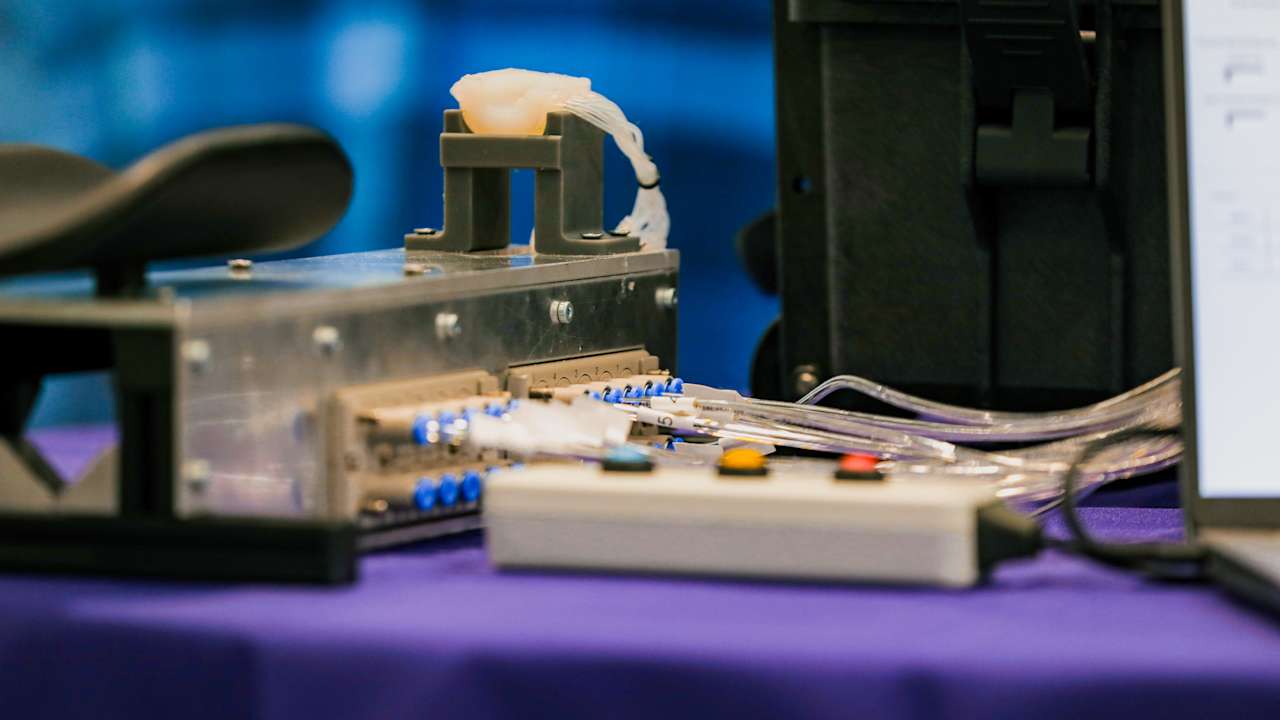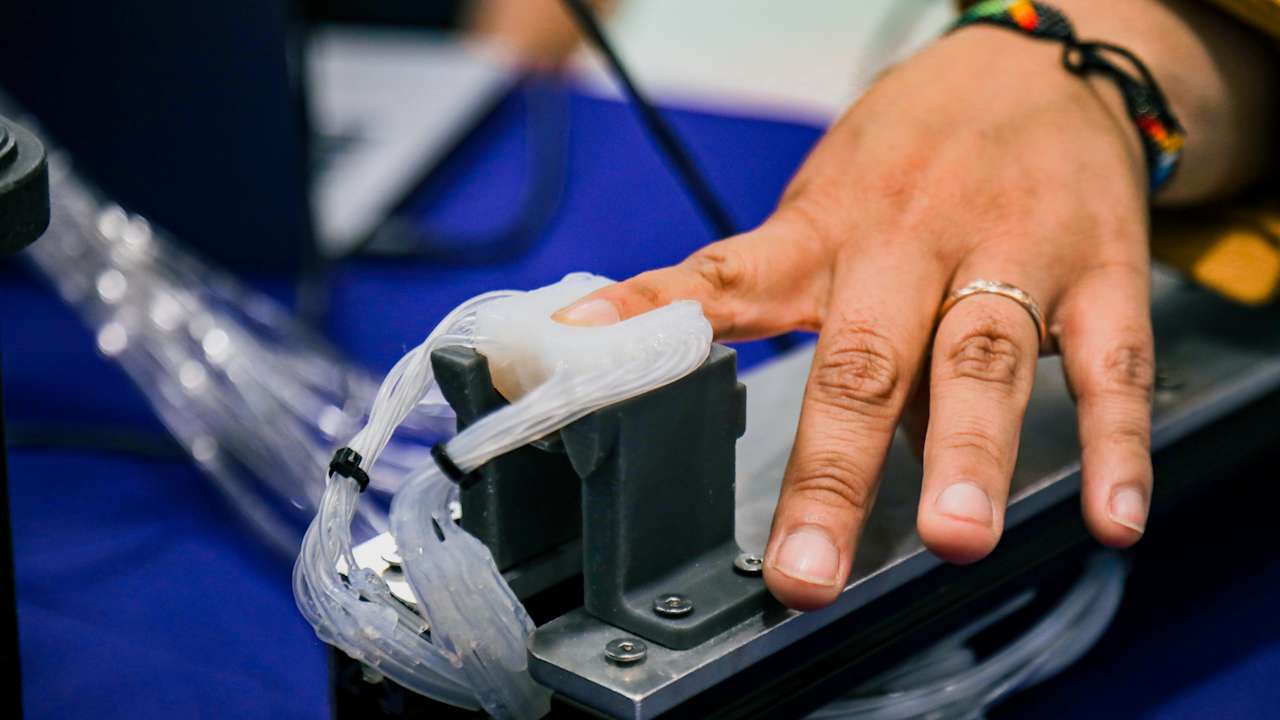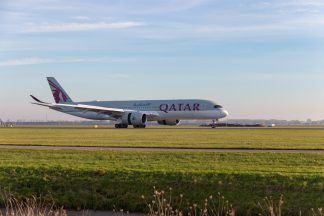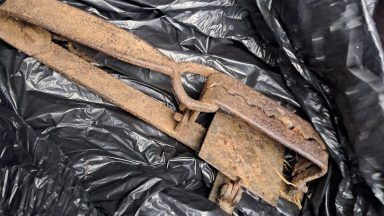A fingertip device that can mimic human touch could one day allow people living far apart to hold hands, scientists say.
Researchers at University College London (UCL) developed new technology which “can simulate touch as natural as real-life sensations”.
The device, called the BAMH (innovative bioinspired haptic system), stimulates nerve cells which respond to touch using vibrations.
The device stimulates four key sensory nerve cells in the skin, providing patients with a realistic sense of touch.
Scientists are using the device to better understand how patients with reduced sensitivity in their fingertips gradually lose their sense of touch.

They believe the device could be useful in healthcare, helping diagnose conditions like carpal tunnel syndrome, which occurs when a wrist nerve is compressed, or diabetes, where loss of touch sensation is a symptom.
Scientists plan to recruit at least ten people with reduced sensation for a clinical trial in the next few months to further investigate how touch deteriorates over time.
Dr Sara Abad, a roboticist at UCL’s Mechanical Engineering Department, said: “Skin is one of the biggest organs that we have in our bodies and provides several types of information, for instance, texture and edges (of the objects we touch).
“It also tells us about the type of stimulus we are receiving, (like) for example, a vibration.”
She said the device also offers a way “of incorporating touch into our virtual social interactions”.
“For instance, with the pandemic and globalisation, it’s very likely that you have family that is not living in the same town as you,” she explained.
“Unfortunately, with video calls, there is a barrier.
“For social bonding, which is important, you need touch, but video calls don’t provide that.”
Professor Helge Wurdemann, chairman of robotics at UCL, said: “We want to understand (if) can we detect, over some time a degradation in (touch) sensitivity.
“And then we want to feed that data back to the clinician to then understand if they can, maybe adopt their therapy in order to slow down the loss in (touch) perception.”
Researchers believe the technology could improve robot-assisted surgeries by allowing doctors to assess tissue types, including identifying cancerous tissue.
The team presented its technology at the British Science Festival held at the University of East London.
Follow STV News on WhatsApp
Scan the QR code on your mobile device for all the latest news from around the country




























